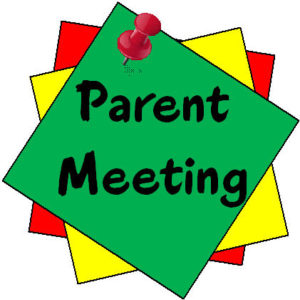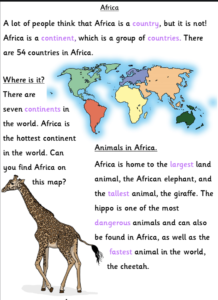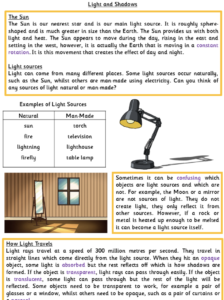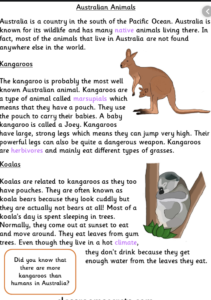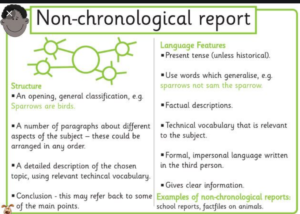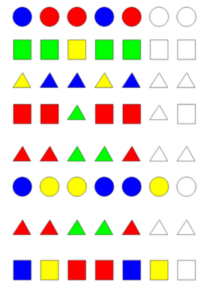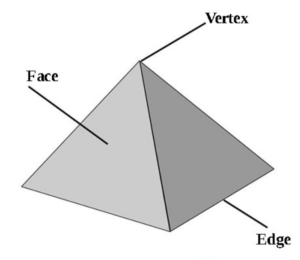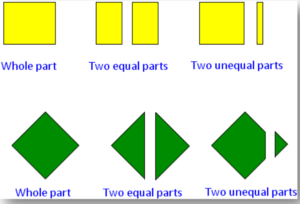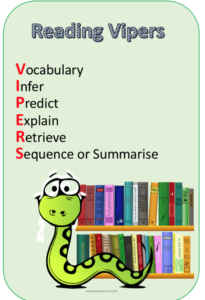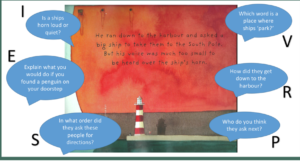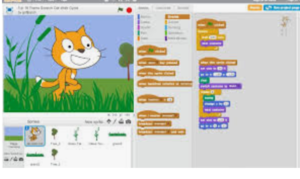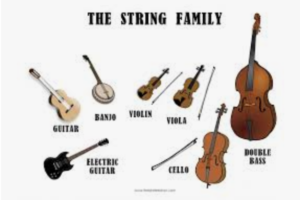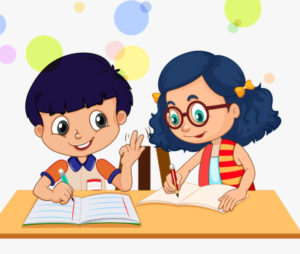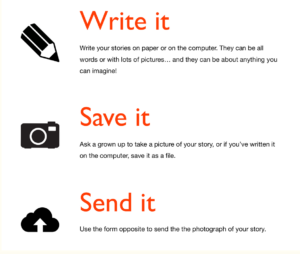Week Beginning 10th February 2020
On Wednesday ,the children will read information about polar bears and group them in the correct category – diet, appearance, habitat, movement and fascinating facts.
On Thursday the children will research information about minibeast. They will read non-fiction books and watch short clips about minibeast.
On Friday we will begin to plan our non-chronological report about minibeast.
Maths – Shape
- To make patterns with 2D shapes
- To make equal parts
- To recognise a half
-To make patterns with 3D shapes.
We will discuss what shape may come next. What colour will the 9th shape be? ETC.
https://www.bbc.co.uk/bitesize/clips/zthsb9q
https://www.topmarks.co.uk/Search.aspx?q=patter
Children will make equal parts. Equal means the same, balanced, identical etc.
–To recongise a half
A half is two equal parts. Children will understand that the term ‘bigger half’ makes no mathematical sense since half means 2 equal parts.
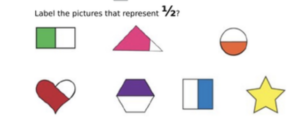
Children will be able to identify that the triangle has not been halved because there are not two equal parts.
| We will continue to read The Giraffe and the Pelly and Me by Roald Dahl. We will also be learning some new reading skills as a whole class using ERIC. The children will build their repertoire of different reading skills through the year. |
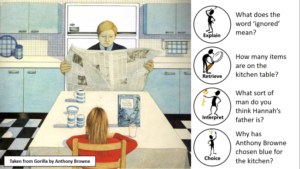 When reading with your child, please use VIPERS when asking them questions on the book they are reading.
When reading with your child, please use VIPERS when asking them questions on the book they are reading.Below you will find a list of possible questions to help you with conversations about your child’s reading. They are not intended to be used all at once or every time you read with your child. Use them at your discretion and where they are appropriate. Happy Reading !!
Questions to ask before you read
- Can you look at the pictures and predict what you think will happen in this book?
- What makes you think that?
- What characters do you think might be in our story?
- Do you think there will be a problem in this story? Why or why not?
- Does the topic/story relate to you or your family? How?
Questions to ask during the reading
- What do you think will happen next?
- What can you tell me about the story so far?
- Can you predict how the story will end?
- Why do you think the character did _______?
- What would you have done if you were the character?
- How would you have felt if you were the character? (use different characters)
- As I read____________, it made me picture________ in my head. What pictures do you see in your head?
- As you read, what are you wondering about?
- Can you put what you’ve just read in your own words?
Questions to ask after reading
- Can you remember the title?
- In your opinion, was it a good title for this book? Why or why not?
- Were your predictions about the story correct?
- If there was a problem, did it get solved?
- What happened because of the problem?
- Why do you think the author wrote this book?
- What is the most important point the author is trying to make in his writing?
- What was your favorite part of the story?
- If you could change one thing in the story, what would it be?
- Can you retell the story in order?
- If you were __________, how would you have felt?
- What is the most interesting situation in the story?
- Is there a character in the story like you? How are you alike?
- Why did you like this book?
‘Marine’ is a word that describes oceans and seas, where water is salty. Over 70% of the Earth’s surface is covered water, and nearly all of that is saltwater from oceans and seas.
Marine habitats can be very different from each other depending on how warm the water is. Warm, tropical water has coral reefs full of tiny, colourful fish, while chilly waters in the polar regions have fewer species that have adapted to water that can be colder than the temperature that water normally freezes at (0°C)!
Our ICT slot is on Tuesday afternoon. We are photographers is the name of our new unit. In this unit, the children review photos online, practise using a digital camera, take photos to fit a given theme, edit their photos, and then select their best images. Children will also select images to create a comic.
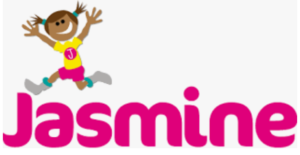
|
Is your child an author?
If yes, head over to Grant Koper’s website. Your child has the opportunity to have their story published on his website and their story read out of YouTube by Grant himself!!!

